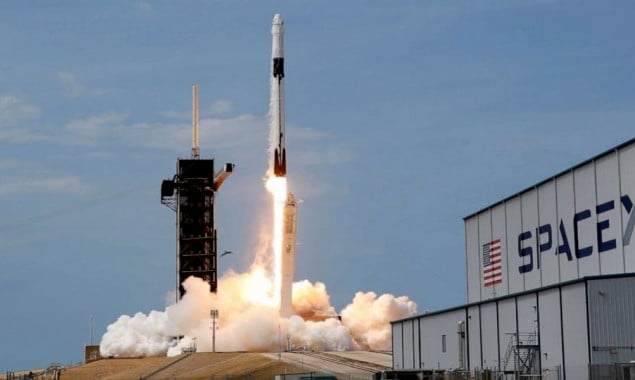Elon Musk suggests Kanye West to postpone presidential bid
Elon Musk, the founder of Tesla and friend of Kanye West, has...

SpaceX
The Aerospace company SpaceX, owned by Elon Musk has won a $149 million contract to build missile-tracking satellites for the Pentagon.
The U.S. Space Development Agency (SDA) said that under its contract with SpaceX, the Aerospace company its Starlink assembly plant in Redmond, Washington, to build four satellites fitted with a wide-angle infrared missile-tracking sensor supplied by a subcontractor.
Earlier, SpaceX announced that it will be sending 60 more Starlink satellites to orbit atop its column of fire.
The launch, originally scheduled for September, has been postponed multiple times due to weather.
Catch all the Sci-Tech News, Breaking News Event and Latest News Updates on The BOL News
Download The BOL News App to get the Daily News Update & Follow us on Google News.